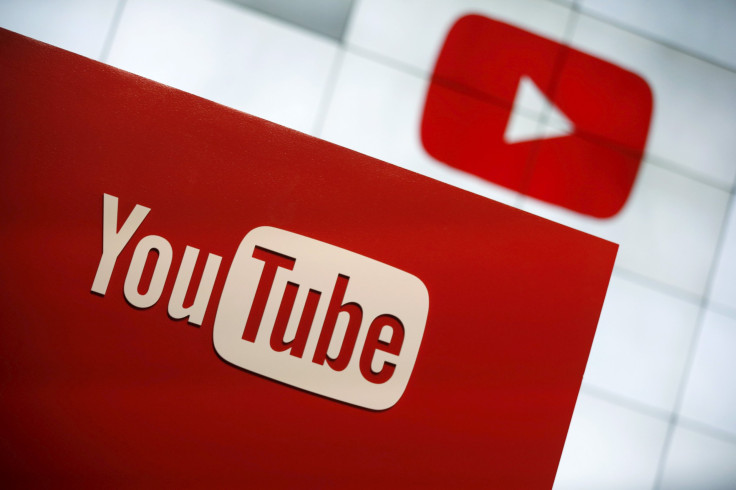YouTube Music Europe Payment Update 2016: Copyright Infringement Concerns May Prompt Bigger Pay Day For Artists

In the era of live streaming and free music via the internet, the music industry has continuously castigated video sharing sites like YouTube for not paying enough for the music content it provides.
As a result, content and music creators alike are asking for the reform of European copyright law so that it complies with safe harbor conditions. Safe harbor regulations are defined by the U.S. Department of Health and Human Services' Office of Inspector General as "various payment and business practices that, although they potentially implicate the Federal anti-kickback statute, are not treated as offenses under the statute."
More specifically, the requests are being made so that users on sharing services like YouTube can avoid possible copyright infringement. A potential directive could require that publishers and producers alike disclose to authors and music artists their profits from copyrighted work, the BBC reported Wednesday.
Music artists and record companies have targeted YouTube and similar services because of their payment, or lack thereof, regarding copyrighted material. The Google-owned video and music platform has come under fire because it makes its money through advertising while. Conversely, streaming sites like Spotify and Apple Music pay record companies per-song-play.
Music artists and bands like Lady Gaga, Ed Sheeran and Coldplay signed their names to a letter directed to the European Commission earlier this year to address the inherent “value gap” in internet music sharing. The letter bore the signatures of more than 1,000 artists.
According to Billboard, the rights holders, recording artists, songwriters and record companies complained “the value gap” compromised the rights and undermined revenues for those working in music.
“This is a pivotal time for music,” one part of the letter read.
“Consumers have unprecedented opportunities to access the music they love, whenever and wherever they want to do so. But the future is jeopardized by a substantial ‘value gap’ caused by user upload services such as Google’s YouTube that are unfairly siphoning value away from the music community and its artists and songwriters," the letter stated.
The European Consumer Organization (BEUC) argued that millions of consumers’ self-made videos might be impacted and stated “This would punish millions of consumers who share a self-made remix of a song, family videos or holiday pictures which contains parts of a music tune or video clip,” according to BBC.
A step-by-step guide for YouTube users on how to upload copyrighted music legally to videos was published to Google's "about" section.
© Copyright IBTimes 2025. All rights reserved.






















